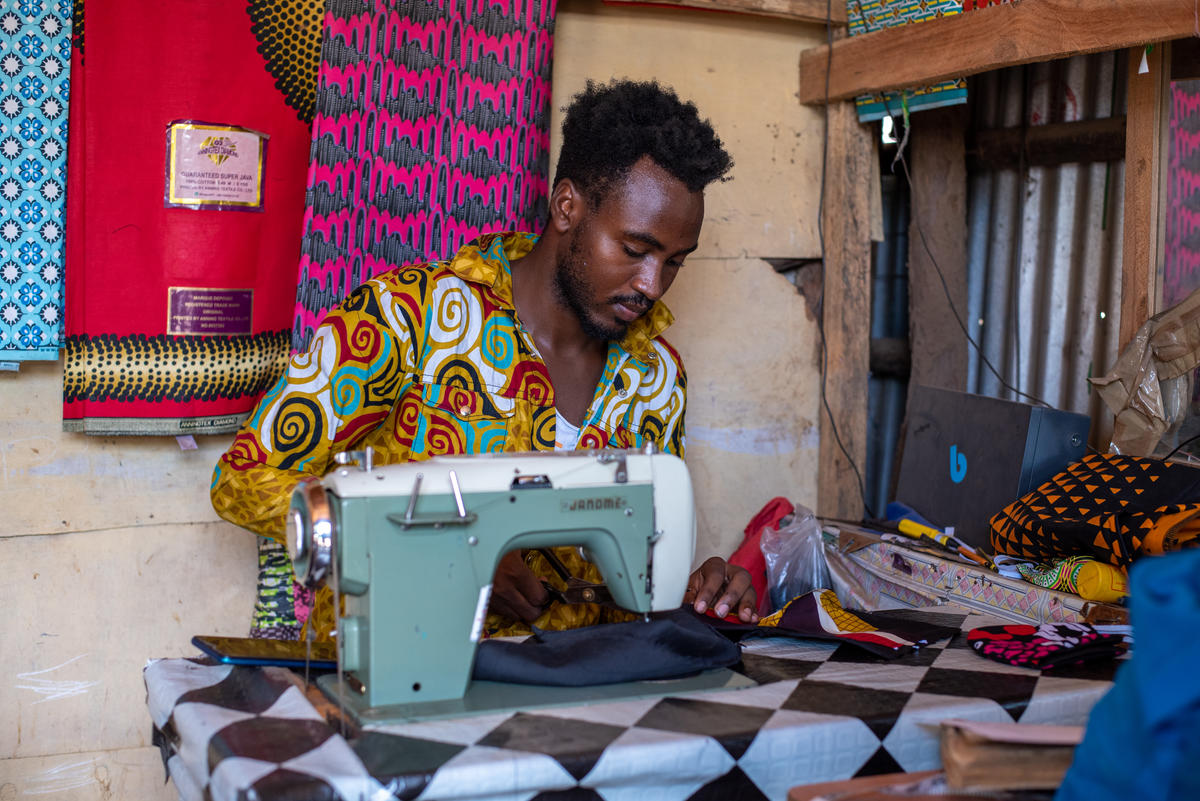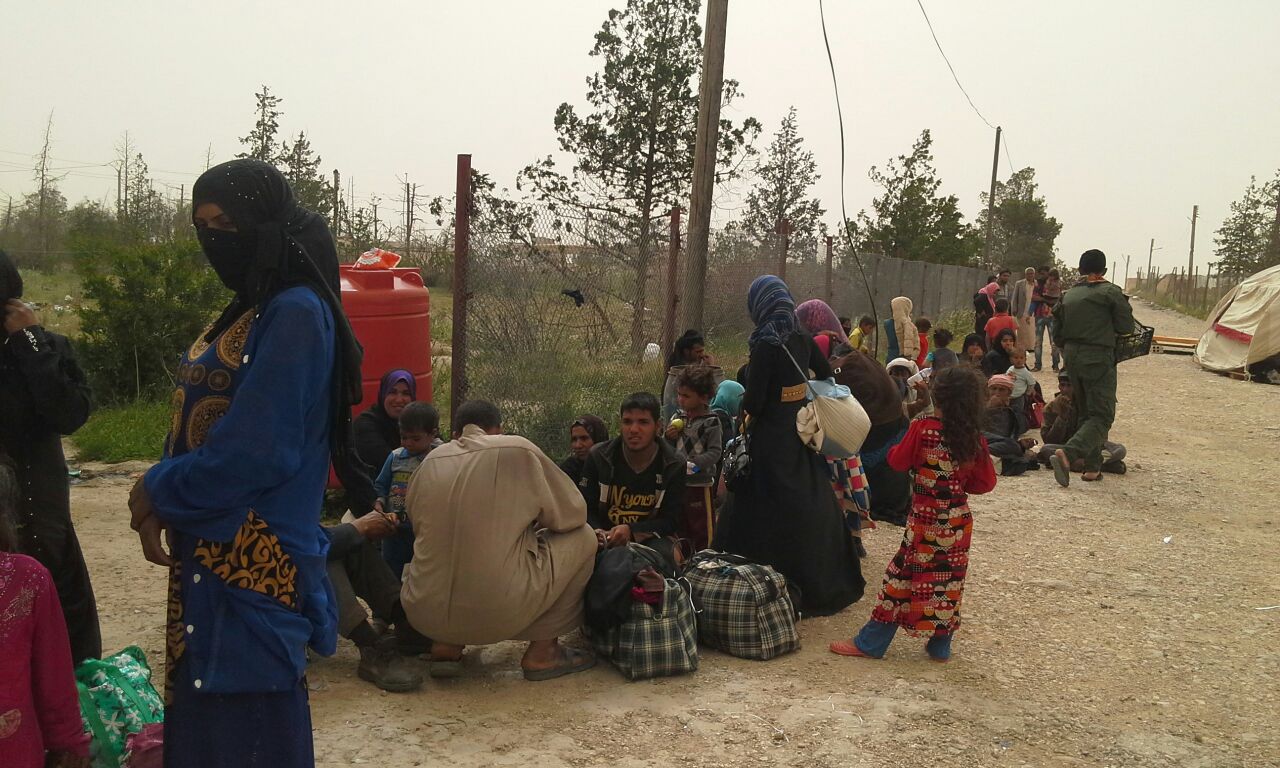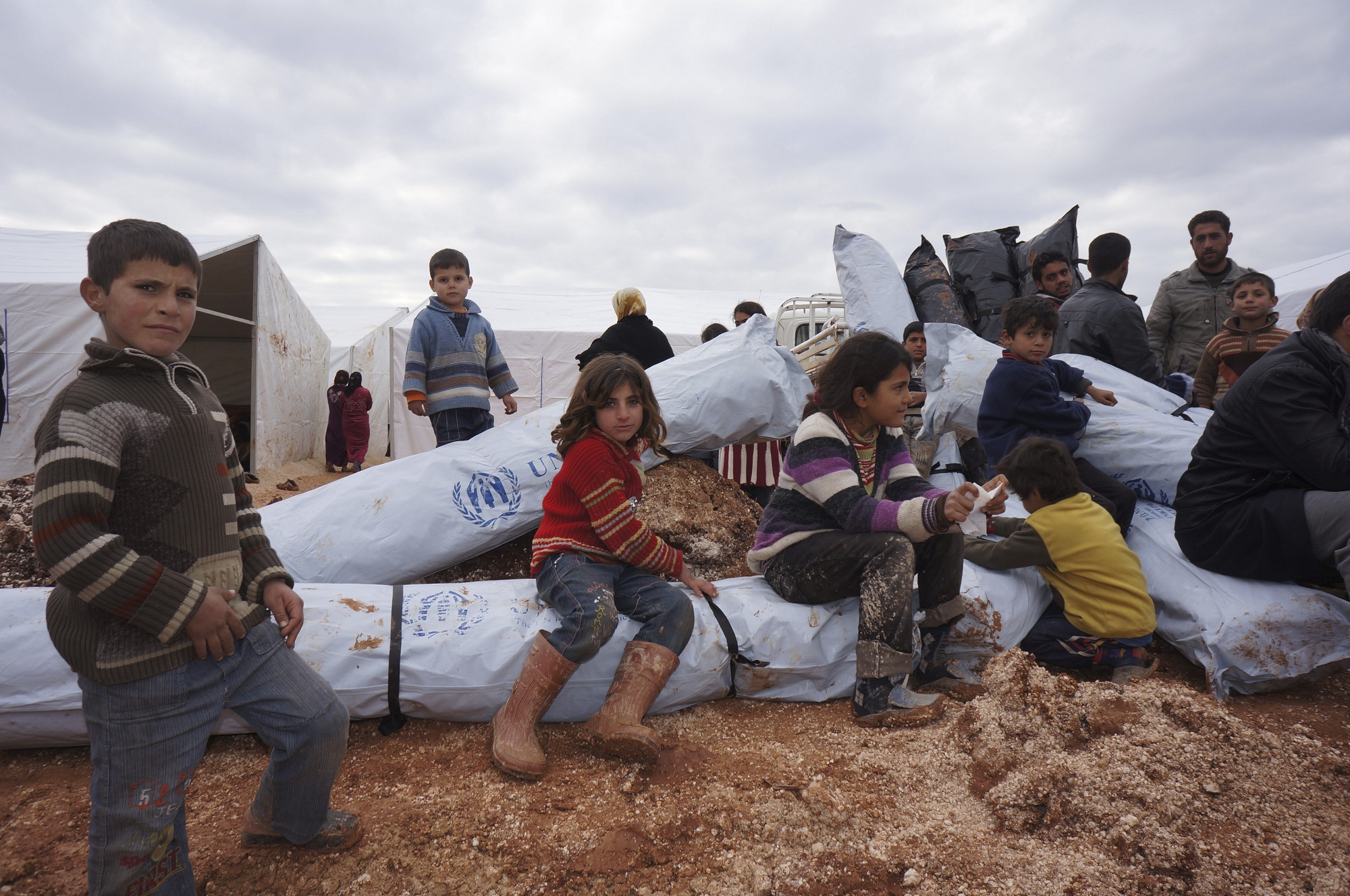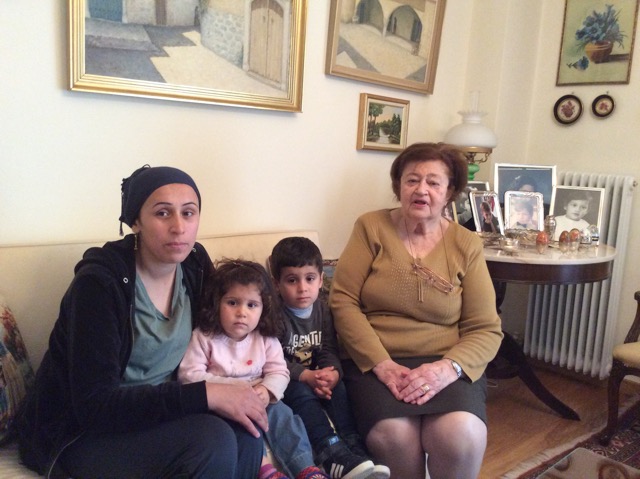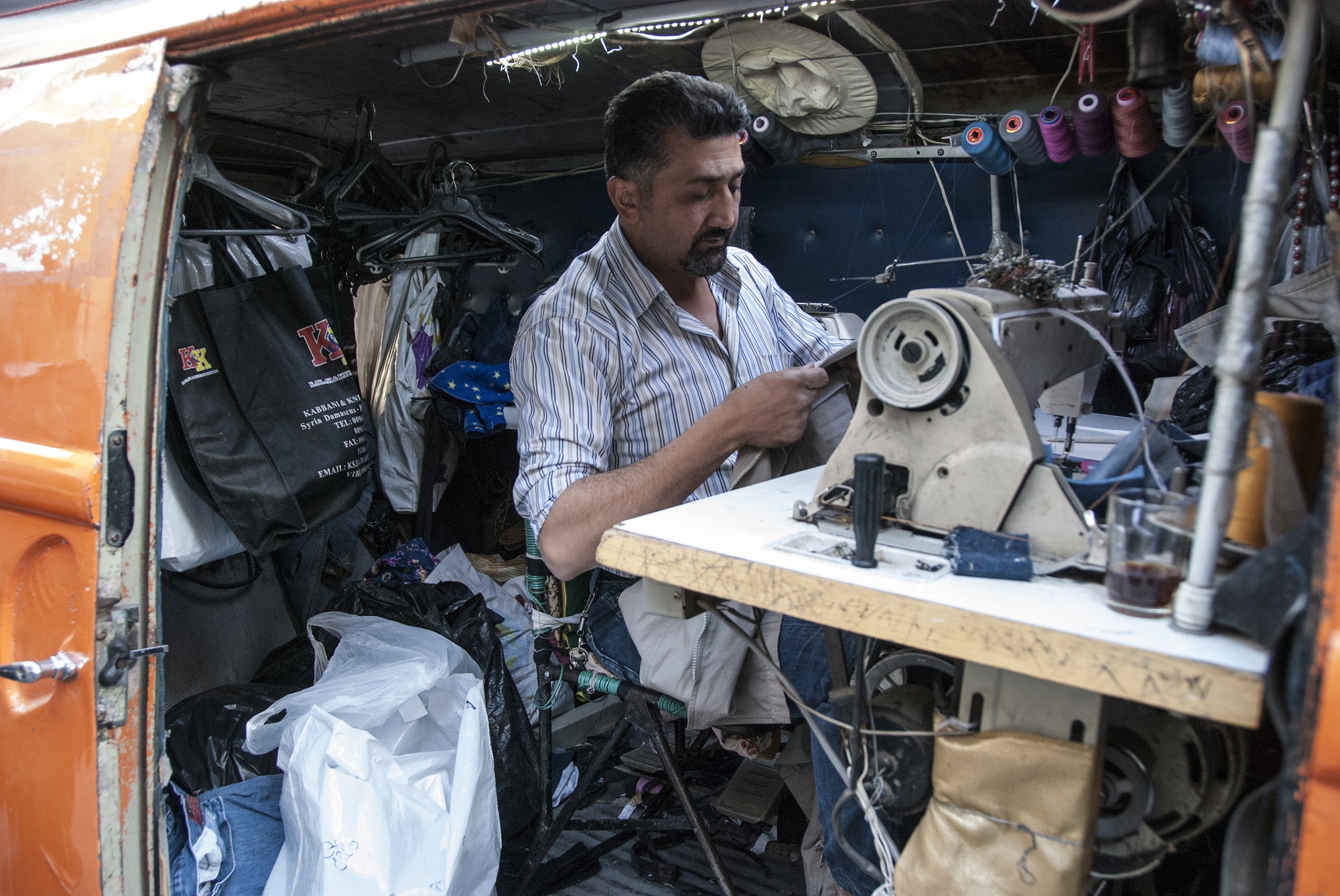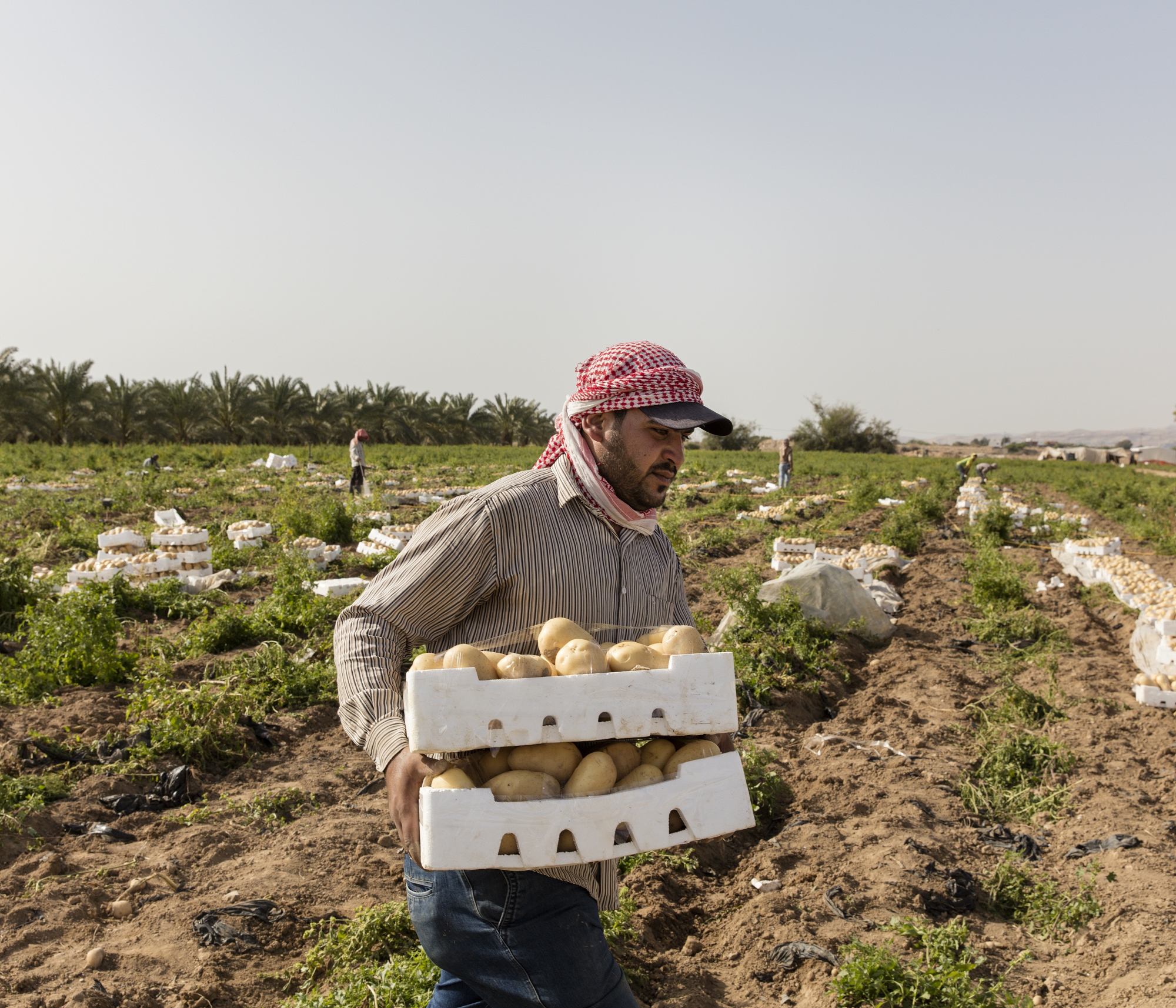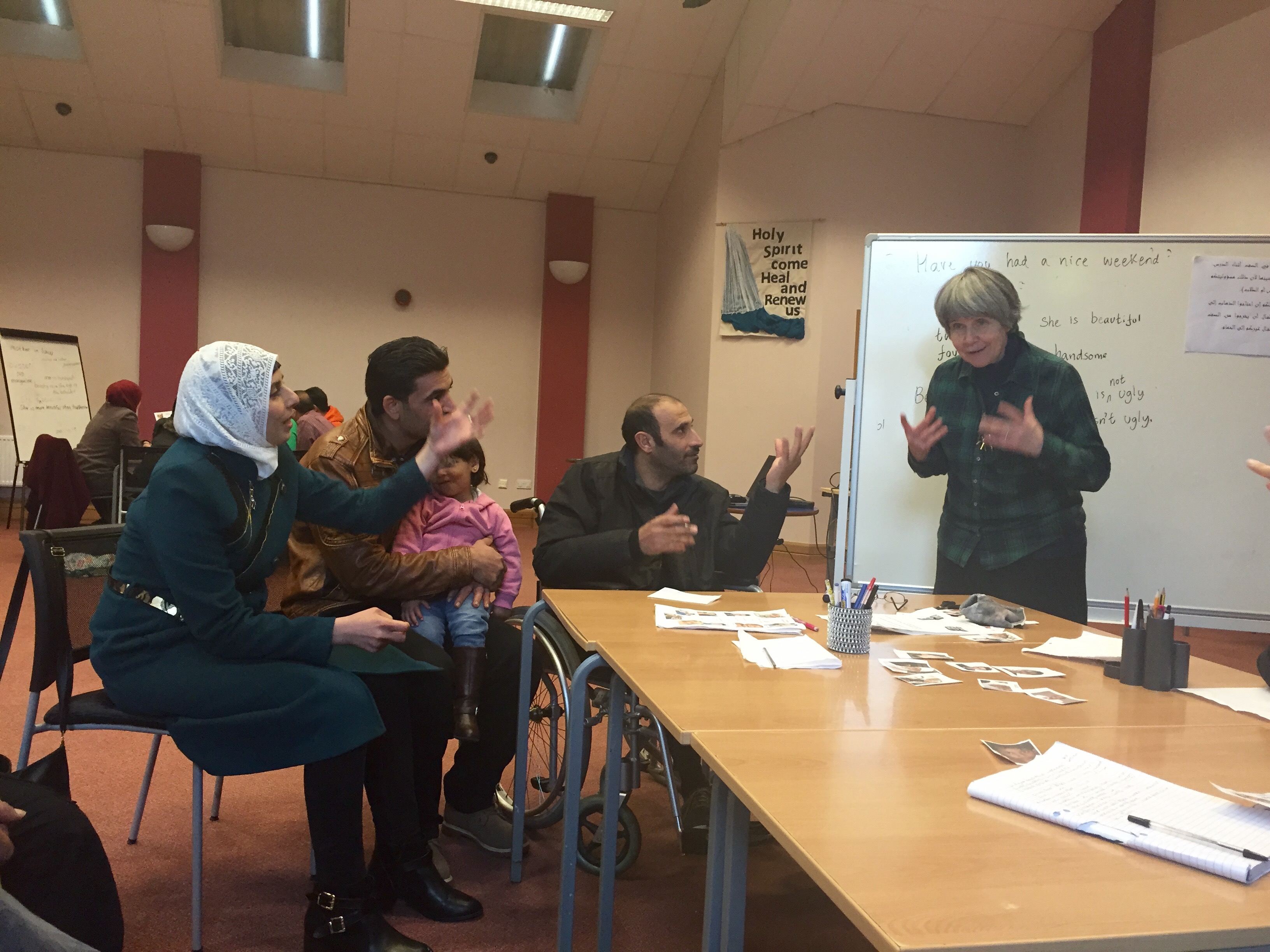UNHCR works to avert winter discontent for Syrians in Jordan
UNHCR works to avert winter discontent for Syrians in Jordan

ZA'ATRI REFUGEE CAMP, Jordan, November 14 (UNHCR) - The deserts that mark the border between Syria and Jordan are covered in a sea of muddy slop. Slanting rain and hail have made the passage of trucks an ordeal. Sometimes the trail is so bad that transport is impossible.
And so Syrian refugees from cities such as Homs, Idlib and Dara'a, as well as rural Damascus, make the crossing on foot. Some slog through in shoes; many cross barefoot and without coats as the chilly weather of winter approaches.
For most, the rain is just a distraction in the search for a haven from the war raging on the Syrian side of the border. "I would rather have rain than bombs," said 28-year-old Fahad, who worked as a driver in Homs before deciding to flee the increasing violence.
With Syria well into its third year of conflict, UNHCR and its partners are working against the clock to deliver the needed supplies for another winter. Weather forecasts are predicting a particularly harsh one. The agency and its partners are aware that even in a mild winter, the grinding toll of nearly three years of destruction would make life miserable.
"In Idlib, there is no gas, no bread no milk," said Khalid, aged 18. "My country is a place of suffering and I don't think people will be able to survive another winter."
For the government of Jordan, UNHCR and its partners, the logistical challenge of getting refugees from the deserts to camps is an increasing challenge. Army helicopters now fly food into the border areas that are impossible to reach by truck. Some refugees have left luggage behind, because the priority for the few trucks that manage the terrible road trip is to take people over cargo.
UNHCR Representative to Jordan Andrew Harper says that the organization and its partners are ready in both Za'atri Refugee Camp and in Jordan's cities to provide all that is needed to survive the cold season. UNHCR and its partners are busy distributing packages of winter clothing, some 600,000 items in total, donated by Japanese retail giant, Uniqlo, for needy families.
A freighter carrying a consignment of Toms Shoes is bound for Jordan and will dock in a few days in the southern Jordanian port of Aqaba. Caravans are being allocated to Za'atri residents who are still living in tents. Already 485,000 blankets have been distributed since the camp opened last year.
But just as important are the access roads along which the Jordanian authorities transport refugees who have crossed the border. UNHCR is working to ensure that more than 60 kilometres of roads are repaired or constructed.
"In many ways road construction represents a key protection priority for us," says Harper. "We're working to ensure that the roads are constructed so that people can make it from the border to safer areas."
Throughout the region, UNHCR and its partners are working to ensure that refugees will survive the winter. In Lebanon, UNHCR and partners will provide such goods as stove heaters, blankets and money for fuel to 90,000 families, or roughly 450,000 people.
In northern Iraq, UNHCR and partners are providing some 200,000 Syrian refugees with the means to survive sub-zero temperatures during the winter months. Prefabricated shower blocks will be constructed so that families will have warm water. UNHCR's medical partners are busy strengthening the health surveillance.
In Za'atri, refugees are also taking preparations for winter into their own hands. Along the roadside, vendors sell used winter clothing and shoes at bargain prices. People are digging trenches near their caravans and building up rubble and dirt mounds near their tents or caravan homes to protect against the rain.
UNHCR is also helping urban refugees and others living outside camps to get through the winter. The refugee agency provides monthly cash assistance to some 75,000 vulnerable Syrians through an agreement with the Cairo Amman Bank, which helps to disburse a monthly cash allowance. Beginning this month, the level of assistance is being increased to cover the costs of blankets, fuel and winter clothing.
By Greg Beals in Za'atri Refugee Camp, Jordan


